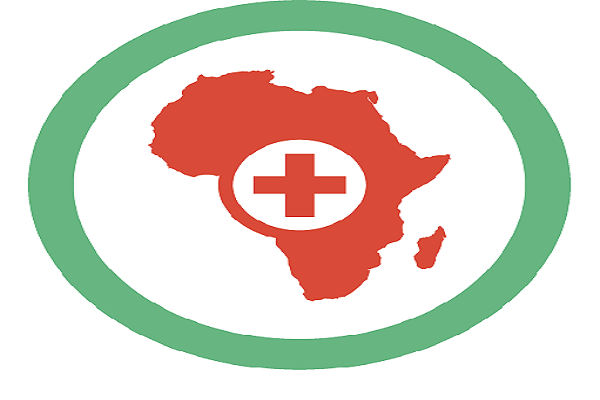Last year, the Federal Government of Nigeria appropriated ₦500 billion into the revised budget of the financial year 2020, in response to the COVID-19 pandemic. The ₦500 billion, which is equivalent to $1.4 billion, was a support from the International Monetary Fund (IMF) as a stimulus package for COVID-19 intervention.
The aim of the appropriated fund was to channel additional resources to health-related recurrent and capital spending and non-health interventions in order to support critical sectors of the economy.
The health sector received a whooping sum of ₦126 billion for intervention in key critical areas with the aim of building a resilient health system, while non-health sectors got ₦374 billion.
The ₦126 billion for the health sector was targeted to be used for capital and recurrent expenditures. ₦86 billion was allocated for capital projects, while ₦40 billion for recurrent budget items.
Some agencies and departments that got funding for capital expenditure include the Food and Drug services department of the Federal Ministry of Health (FMoH) which got ₦10 billion for local manufacturing of vaccine, National Agency for Food and Drug Administration and Control (NAFDAC) got ₦2 billion for the upgrade of laboratory testing of vaccines, and the National Institute for Pharmaceutical Research and Development (NIPRD) got ₦2 billion for Research and Development (R&D).
₦18 billion was earmarked for the procurement of molecular laboratory equipment for 21 University Teaching Hospitals and 31 Federal Medical Centres/Specialists Hospitals. Also, all University Teaching Hospitals and Federal Medical Centres (FMCs) got ₦7.78 billion for the procurement of Personal Protective Equipment (PPE).
Furthermore, ₦18.4 billion was earmarked for the equipping of 10-bedded Intensive Care Units (ICUs) in 36 states plus FCT; ₦5.2 billion for the equipping of isolation treatment centres in 36 states plus FCT, and hazard allowance for health workers was put at ₦20 billion.
Under the recurrent expenditure, NAFDAC, NIPRD, National Institute for Medical Research (NIMR) and the Nigeria Centre for Disease Control (NCDC) got ₦2 billion each for reagents and equipment for COVID-19 related laboratory services. The FMoH was given ₦2.5 billion for contingencies.
Findings from reliable sources indicate that 50 per cent of the funds have since been released to the majority of the health agencies concerned and some of them have commenced work in their organisations.
We, therefore, call on agencies that have received part of the funds and have not started work to do so immediately. There is no excuse for them to hold the money without putting it to use.
“Any delay in putting the money to use will be seen as sabotage to Nigerians because this money is meant to improve healthcare delivery services for the people. The agencies should use the funds transparently, judiciously and in an accountable manner only for the purpose they were meant for, in order to have a healthcare system that is of international standard…therefore, we call on the Federal Government to identify the agencies that have since begun work and urgently release the remaining 50 per cent so that they can complete the projects for the good of all Nigerians.”
“We encourage the National Assembly to strengthen their oversight function and hold all the agencies that received funds to account for them. We also call on the Office of the Accountant General of the Federation to make information on funds releases available to the public for scrutiny,” says Dr. Aminu Garba Magashi, the Coordinator, Africa Health Budget Network (AHBN).
The End
For more information, please contact Dr. Aminu Garba Magashi at:
+234-806-258-6203 or gamagashi@gmail.com Visit https://africahbn.org/ and follow us at @AHBNetwork

